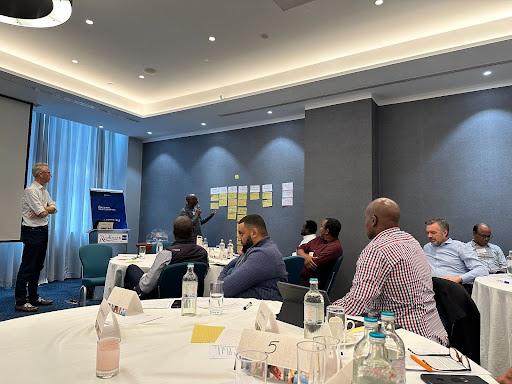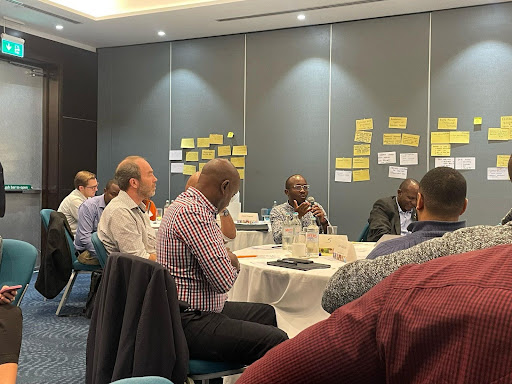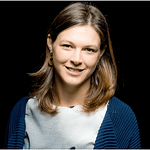
TomorrowNow Joins Stakeholders in Developing Key Recommendations at the CGIAR Convening by Gates Foundation
TomorrowNow participated in a key stakeholder workshop convened by CGIAR Centers involved in the Excellence in Agronomy (EiA) Initiative and the Bill & Melinda Gates Foundation.
Nairobi, Kenya – TomorrowNow participated in the “Towards Product Profiles for Scaling Precision Agronomy” workshop hosted by CGIAR Centers involved in the EiA Initiative and the Bill & Melinda Gates Foundation to to identify data & partnership gaps to ensure that R&D outputs benefit the last mile smallholder farmer in Africa.

TomorrowNow.org’s Kenya team shared our experience leveraging multi-stakeholder partnerships and an ecosystem-wide approach to innovation in ensuring that the next-gen weather and climate solutions we develop, along with our partners, achieve scale & impact.

“A key takeaway from this event was the consensus among workshop participants about the importance of everyone using an ecosystem approach to bridge the current gap between R&D and community-level activities for the benefit of smallholder farmers at the frontlines of climate change”
– Kenneth Chepkwony, Kenya Country Officer, TomorrowNow.org.
The event brought together various stakeholders across the climate-resilient agricultural sector to clarify product profiles and data exchange mechanisms needed to meet the demand from a wide range of solution scaling and implementation partners including content and data providers, farm management and advisory, inclusive finance, insurance, input providers, and offtakers.
The main aim of the convening was to:
- To discuss the relevance of EIA’s research pipeline and data exchange mechanism and its adaptiveness to implementation in different regions by demand partners for scaling different sets of agronomic practices and solutions.
- To identify product profiles high in demand, identify gaps in data exchange, and the necessary tools, methods, approaches, and partnerships needed to accelerate service provision and data exchange at scale.
As part of our key focus leveraging innovative partnerships to help communities adapt to climate change, TomorrowNow was honored to join the workshop’s participants in mapping out key partner demands with the aim of co-creating a human-centered design for data sharing to ensure optimal reach and usability of agronomic research outcomes.
